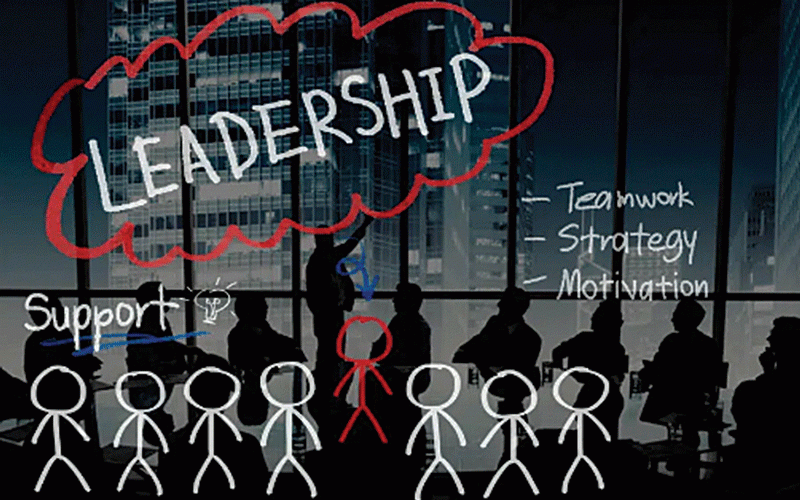
The Zimbabwe Congress of Trade Unions (ZCTU) is still a political battleground despite its much weakened state.
Echoes by Conway Tutani
It still made headlines in all media despite Workers’ Day celebrations countrywide this week being hit by a low turnout.
Time was when ZCTU organised countrywide demonstrations in 1997 to thwart the government’s proposed war veterans’ levy to pay angry ex-freedom fighters who were demanding gratuities 15 years after the end of the war. The levy would have further weighed down the already overburdened taxpayer.
ZCTU said government had to stop its wastefulness to raise the money, not further punish the ordinary worker. The government promptly backed down. That was ZCTU at the peak of its power and influence. For that, ZCTU became enemy number 1 of the ruling establishment, but the only way it could fully represent the interests of its members was by asserting its separate voice. Being an entity in its own right, ZCTU refused to be a mere extension of Zanu PF. This led to political parting of ways. So, this talk about it “going to bed with white capital” is out of place.
But the profligate government went ahead to award war vets unbudgeted amounts of Z$50 000 each totalling about
Z$4 billion, resulting in “Black Friday” (November 14, 1997) when the Zimbabwean dollar lost a staggering 75% of its value to the United States dollar in a single day. This is the origin of the inflationary spiral and cut-and-paste responses which exacerbated the situation, culminating in the 2007-2008 nightmare.
The frenzied printing of money took off then. That is when deterioration took hold. That is when economic refugees began to flood South Africa, Britain and other countries near and far, long before sanctions were slapped by the West.
- Chamisa under fire over US$120K donation
- Mavhunga puts DeMbare into Chibuku quarterfinals
- Pension funds bet on Cabora Bassa oilfields
- Councils defy govt fire tender directive
Keep Reading
Fast-forward to 2013: Government issued a 365-day bond at 7% annual interest in order to finance the March constitutional referendum. In effect, the long-suffering impoverished workers — mostly earning below the poverty line of $550 — have been made to shoulder the bill simply and cynically because they cannot escape the income tax net. In effect, the government had to borrow from the poor to fund the undertaking — almost a repeat of 1997. How could a government flush with diamond and platinum revenue do that? This happened with hardly any action from ZCTU. Why? Because ZCTU had barely become existent on the ground.
ZCTU was devastated by the economic meltdown which peaked between 2007 and early 2009 as government stubbornly insisted on going it alone, insulting and disregarding all and sundry, including its creditors such as the International Monetary Fund, effectively shutting itself from much-needed funding.
Jobs were lost in their hundreds of thousands and with that, membership subscriptions stopped completely, leaving unions broke and crippling operations.
Now workers have been consigned to the bottom of the production chain. Some employers — rather too many of them — have taken advantage of high joblessness, grossly underpaying workers or not paying at all, and firing them willy-nilly, putting them in a take-it-or-leave-it quandary.
Well aware that workers have lost the strike leverage because of reduced numbers making having a job a precious privilege, employers now take the courts route to ostensibly resolve salary and other disputes, dragging the cases for months and even years by making endless appeals, resulting in workers giving up in despair But ZCTU has risen to the occasion before and can still do so.
The fate of ZCTU has been tied to that of the MDC-T. They have been allies from the beginning, much to the chagrin of Zanu PF. For that, ZCTU has paid dearly, but survived. But if they are true and sincere in their conviction, they should make no apology for that. After all, the Trade Union Congress in Britain has officially and openly supported the Labour Party, whether in opposition or in government. This does not stop individual members from supporting parties of their choice. It’s not cast in stone.
But whatever, ZCTU must still retain its soul as essentially a labour movement. The Congress of South African Trade Unions (Cosatu) has refused to be a mat or rubber stamp for the ruling African National Congress (ANC), its main tripartite partner along with the South African Communist Party. While an ally of the ANC, Cosatu has maintained its independence and separate identity. It has not become one and the same with the ANC. It has not allowed itself to be swallowed, retaining its status as a separate effective power point. This is good for democracy; the more power points, the better. Cosatu has deployed members to government, but has not hesitated to lead strikes against that very government in which it is a partner. That is why Cosatu has remained relevant and effective.
ZCTU, likewise, can make strategic political alliances, but it must never ever totally surrender its independence — it should be about synergies, not submission. [email protected]











